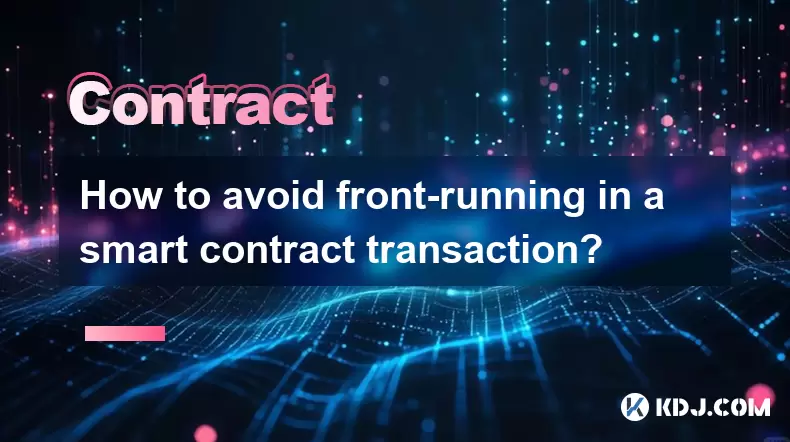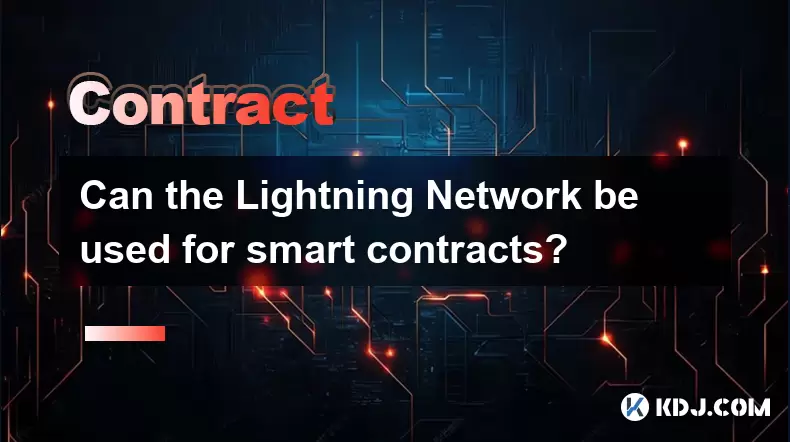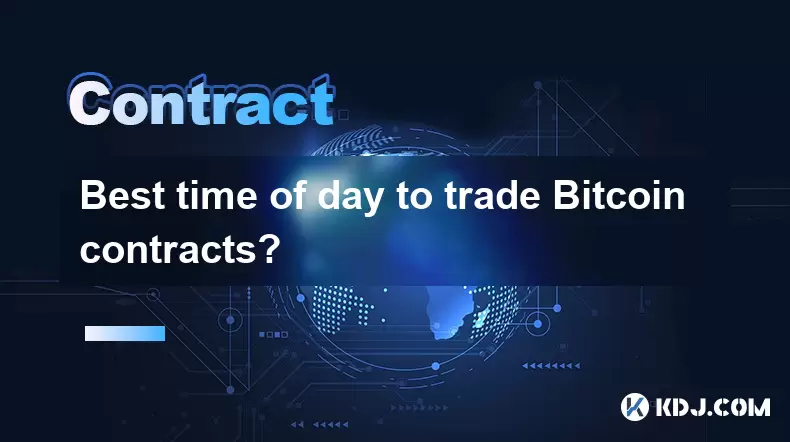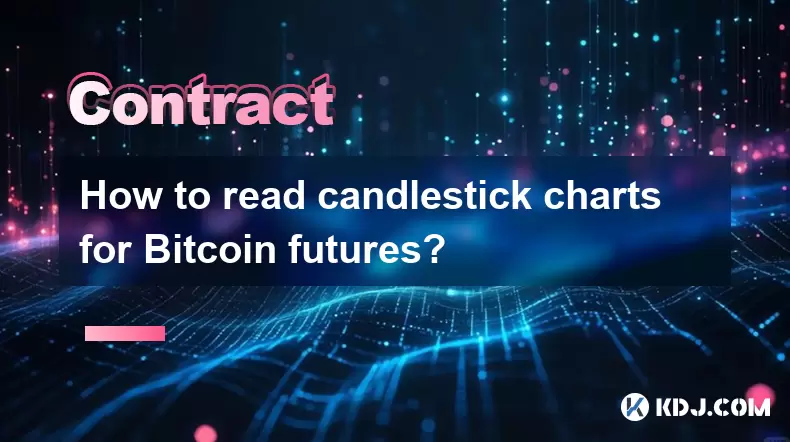-
 Bitcoin
Bitcoin $119,448.2396
0.27% -
 Ethereum
Ethereum $2,992.9919
0.78% -
 XRP
XRP $2.9074
1.58% -
 Tether USDt
Tether USDt $1.0001
0.00% -
 BNB
BNB $687.9097
-0.40% -
 Solana
Solana $161.5804
-0.47% -
 USDC
USDC $0.9998
0.01% -
 Dogecoin
Dogecoin $0.1948
-2.10% -
 TRON
TRON $0.3013
-0.08% -
 Cardano
Cardano $0.7286
-3.16% -
 Hyperliquid
Hyperliquid $47.3153
-3.81% -
 Stellar
Stellar $0.4543
-9.79% -
 Sui
Sui $3.8809
5.63% -
 Chainlink
Chainlink $15.6262
-0.55% -
 Hedera
Hedera $0.2368
-5.31% -
 Bitcoin Cash
Bitcoin Cash $501.2030
-0.80% -
 Avalanche
Avalanche $21.0650
-1.43% -
 UNUS SED LEO
UNUS SED LEO $9.0006
-0.39% -
 Shiba Inu
Shiba Inu $0.0...01310
-1.90% -
 Toncoin
Toncoin $3.0040
1.56% -
 Litecoin
Litecoin $93.8936
-1.20% -
 Monero
Monero $341.8918
1.27% -
 Polkadot
Polkadot $3.9087
-3.05% -
 Uniswap
Uniswap $8.9599
4.78% -
 Dai
Dai $0.9999
0.02% -
 Ethena USDe
Ethena USDe $1.0005
-0.02% -
 Bitget Token
Bitget Token $4.3954
-0.14% -
 Pepe
Pepe $0.0...01207
-2.26% -
 Aave
Aave $314.5223
1.72% -
 Bittensor
Bittensor $408.6988
2.76%
How to avoid front-running in a smart contract transaction?
Front-running in smart contracts occurs when attackers exploit visible pending transactions in the mempool to profit by executing similar trades with higher gas fees, commonly seen on platforms like Ethereum.
Jul 15, 2025 at 05:22 am

Understanding Front-Running in Smart Contracts
Front-running is a type of manipulation where an attacker observes pending transactions and executes their own transaction ahead of it to gain profit. In the context of smart contract transactions, especially on public blockchains like Ethereum, this becomes possible because all transactions are visible in the mempool before being confirmed. A malicious actor can detect a profitable transaction and place their own with a higher gas fee to get priority in the block.
This practice is particularly common in decentralized exchanges (DEXs) or yield farming contracts. For example, if a user places a large buy order for a token, a front-runner might buy up the token first and sell it at a higher price immediately after the initial transaction goes through.
Gas Price Manipulation as a Defense Mechanism
One method to reduce the chances of being front-run is by carefully selecting the gas price for your transaction. Since miners prioritize transactions with higher gas fees, setting a slightly higher than average gas price may help your transaction get included in the next block faster.
- Estimate current gas prices using tools like EthGasStation or Blockchair Gas Tracker
- Set a competitive gas limit that ensures timely execution
- Avoid using excessively high gas prices, which can attract arbitrage bots
However, this method isn't foolproof. Sophisticated attackers can still outbid even high gas fees if the potential profit from front-running is substantial.
Using Private Transaction Pools
Another effective way to avoid front-running is by utilizing private transaction pools offered by services such as Flashbots or BloXroute. These platforms allow users to submit transactions directly to miners without broadcasting them to the public mempool.
- Transactions are sent via a secure relay network
- Only selected miners receive the transaction details
- The transaction remains hidden until it's included in a block
By bypassing the public mempool, private transaction pools significantly reduce the visibility of your smart contract interaction, making it harder for bots or attackers to front-run your activity.
Implementing Commit-Reveal Schemes in Smart Contracts
For developers creating smart contracts, especially those involving auctions or sensitive data, a commit-reveal scheme can be implemented. This cryptographic approach hides the content of a transaction until a later point in time.
Here’s how it works:
- Users generate a hash of their intended action combined with a secret value
- Submit the hash to the blockchain (the "commit" phase)
- Later, reveal the original data and secret during a designated window
This prevents attackers from knowing what action is being taken until it's too late to interfere. It's commonly used in blind auctions, voting systems, and random number generation within DeFi protocols.
Transaction Batching and Atomic Swaps
To minimize exposure to front-running, users can bundle multiple operations into a single transaction using transaction batching or execute trades atomically through atomic swaps.
In batched transactions, all steps occur within one atomic operation, reducing the chance for external interference. Tools like Gnosis Safe or Argent Wallet support batched transactions, allowing users to perform multiple actions—like approving and swapping tokens—in one go.
- Combine approvals and actual trades in a single transaction
- Use wallet interfaces that support multi-action execution
- Ensure the entire operation reverts if any part fails
Atomic swaps also ensure that either all parts of a trade happen together or not at all, preventing partial execution that could be exploited by front-runners.
Frequently Asked Questions
Q: Can I completely eliminate the risk of front-running?
While you can significantly reduce the risk using techniques like private transaction relays and commit-reveal schemes, eliminating front-running entirely is difficult due to the transparent nature of public blockchains.
Q: Are certain blockchains more susceptible to front-running?
Yes, Ethereum and other EVM-compatible chains are more prone to front-running due to their popularity and open mempool structure. Newer layer-2 solutions or privacy-focused chains may offer better protection.
Q: How do I know if my transaction was front-run?
You can analyze your transaction on explorers like Etherscan, looking for similar transactions with higher gas fees executed just before yours. Tools like Dune Analytics dashboards also help identify patterns of front-running behavior.
Q: Does increasing gas price always prevent front-running?
Not necessarily. While a higher gas price may speed up inclusion in a block, determined actors can still outbid your fee if the expected profit is high enough.
Disclaimer:info@kdj.com
The information provided is not trading advice. kdj.com does not assume any responsibility for any investments made based on the information provided in this article. Cryptocurrencies are highly volatile and it is highly recommended that you invest with caution after thorough research!
If you believe that the content used on this website infringes your copyright, please contact us immediately (info@kdj.com) and we will delete it promptly.
- BDAG X1 App Skyrockets, SHIB Rebounds, and XMR Holds Strong: What's Happening?
- 2025-07-15 07:10:12
- Ruvi AI: The Audited Token Set to Outshine Ethereum with Massive Gains?
- 2025-07-15 06:50:12
- DeFi Token with 10X Potential: Mutuum Finance and the Year-End Opportunity
- 2025-07-15 06:50:12
- Bitcoin's Wild Ride: $120K Surge, Crypto Bill Buzz, and What It All Means
- 2025-07-15 07:10:12
- XRP's Cup and Handle: Millionaire Target in Sight?
- 2025-07-15 07:50:12
- Bitcoin Blasts Past $186,000: A New Milestone or Just the Beginning?
- 2025-07-15 08:10:12
Related knowledge

How to backtest a Bitcoin futures trading strategy?
Jul 15,2025 at 11:35am
Understanding Bitcoin Futures TradingBitcoin futures trading involves contracts to buy or sell Bitcoin at a predetermined price and date in the future...

Psychology of trading Bitcoin contracts
Jul 13,2025 at 02:50am
Understanding the Emotional Rollercoaster of Bitcoin Futures TradingBitcoin contract trading, especially in the form of futures, introduces a high lev...

Can the Lightning Network be used for smart contracts?
Jul 14,2025 at 11:28pm
Understanding the Lightning Network's Core FunctionalityThe Lightning Network is a second-layer solution built on top of blockchain protocols like Bit...

Best time of day to trade Bitcoin contracts?
Jul 13,2025 at 05:29am
Understanding Bitcoin Contracts and Their VolatilityBitcoin contracts, particularly futures contracts, are derivative instruments that allow traders t...

How to read candlestick charts for Bitcoin futures?
Jul 15,2025 at 03:00am
Understanding the Basics of Candlestick ChartsCandlestick charts are widely used in cryptocurrency trading, especially for Bitcoin futures. Each candl...

How to use Fibonacci levels in Bitcoin contract trading?
Jul 13,2025 at 08:07am
Understanding Fibonacci Levels in TradingFibonacci levels are a technical analysis tool used by traders to identify potential support and resistance z...

How to backtest a Bitcoin futures trading strategy?
Jul 15,2025 at 11:35am
Understanding Bitcoin Futures TradingBitcoin futures trading involves contracts to buy or sell Bitcoin at a predetermined price and date in the future...

Psychology of trading Bitcoin contracts
Jul 13,2025 at 02:50am
Understanding the Emotional Rollercoaster of Bitcoin Futures TradingBitcoin contract trading, especially in the form of futures, introduces a high lev...

Can the Lightning Network be used for smart contracts?
Jul 14,2025 at 11:28pm
Understanding the Lightning Network's Core FunctionalityThe Lightning Network is a second-layer solution built on top of blockchain protocols like Bit...

Best time of day to trade Bitcoin contracts?
Jul 13,2025 at 05:29am
Understanding Bitcoin Contracts and Their VolatilityBitcoin contracts, particularly futures contracts, are derivative instruments that allow traders t...

How to read candlestick charts for Bitcoin futures?
Jul 15,2025 at 03:00am
Understanding the Basics of Candlestick ChartsCandlestick charts are widely used in cryptocurrency trading, especially for Bitcoin futures. Each candl...

How to use Fibonacci levels in Bitcoin contract trading?
Jul 13,2025 at 08:07am
Understanding Fibonacci Levels in TradingFibonacci levels are a technical analysis tool used by traders to identify potential support and resistance z...
See all articles

























































































